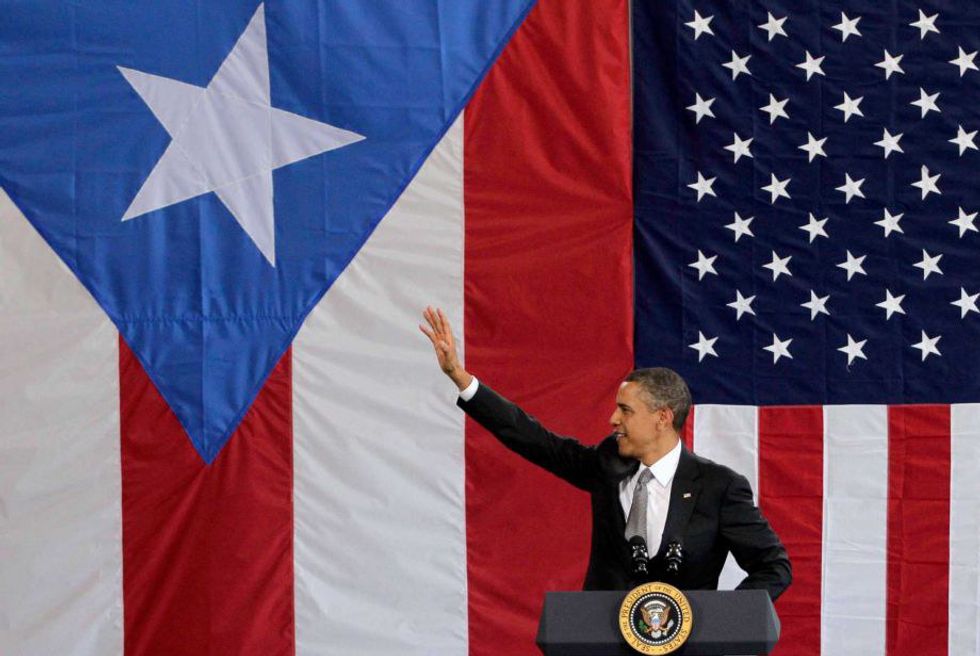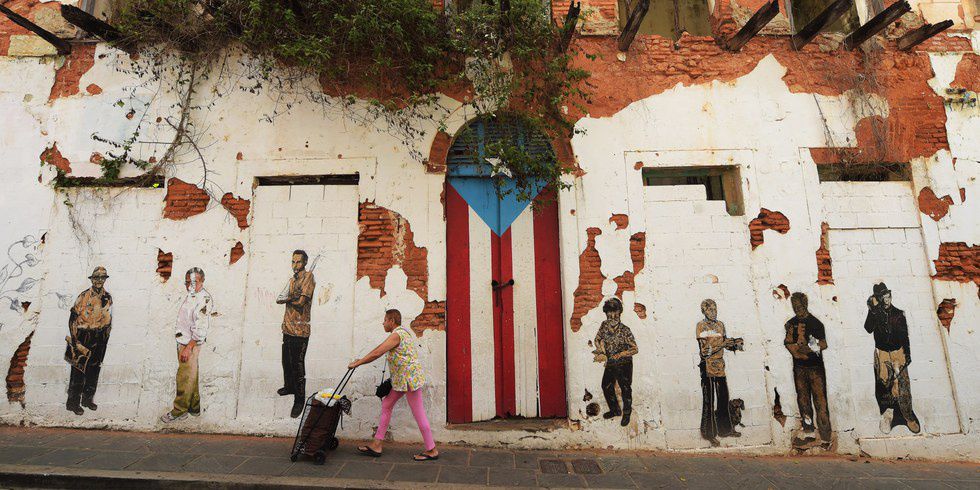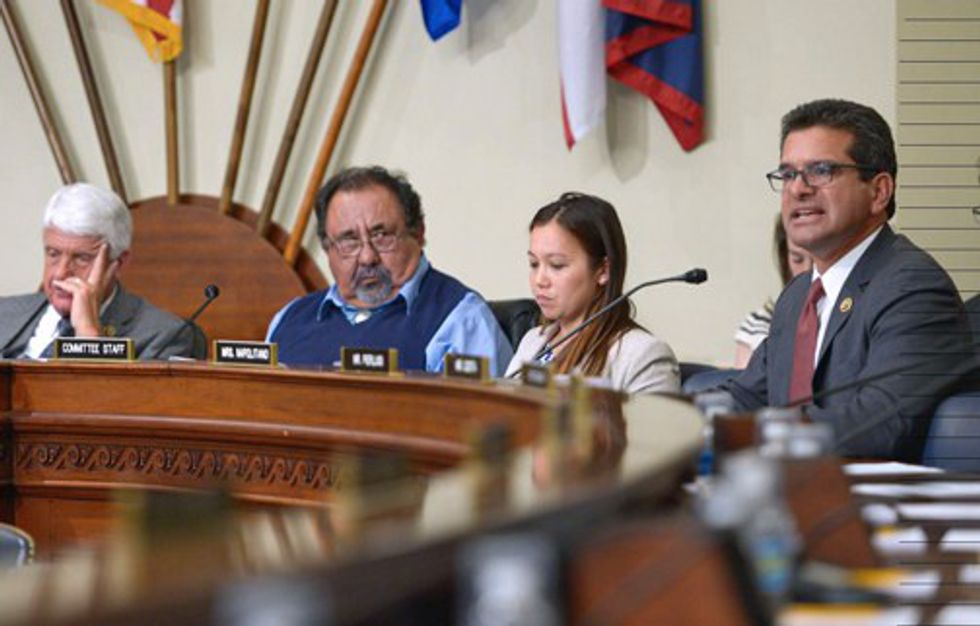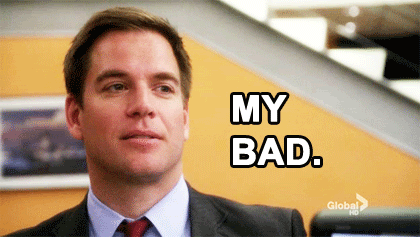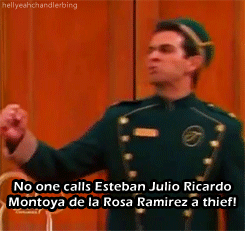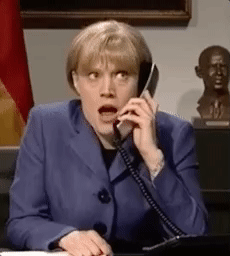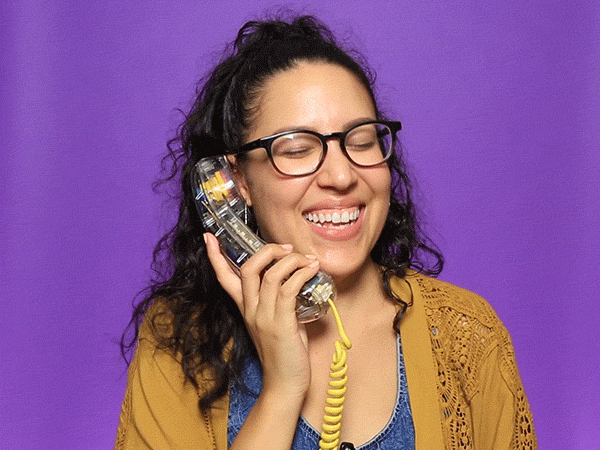Puerto Rico has been facing decades-long financial trouble. Many Puerto Rican and U.S. citizens are being neglected as minimum wage, government jobs and employment rate have been at all time lows after a huge debt burden. Puerto Rican-U.S. relations, the state of large and small businesses and the drug crisis will be analyzed here.
1. Puerto Rico's relation to the United States
Puerto Rico is a U.S. territory or a commonwealth. This means that not all constitutional mandates apply to the region. The "Jones Act" extended rights to Puerto Ricans besides the right to trial by jury. Puerto Ricans have their own justice, finance, interior, agricultural, labor and health administrators. In 1952, Puerto Ricans erected their own constitution. No discrimination by race, the idea of suffrage for all, freedom of religion, freedom of assembly, freedom of speech, right to education, life, liberty, pursuit of property, welfare and private bargaining are now currently just some of the bills/freedoms given to people by the constitution. Currently, Puerto Ricans are citizens of the U.S., meaning that they can travel state to state without needing a passport. The major difference between any U.S. state and Puerto Rico is that Puerto Rico is a tiny island with a population of roughly 3.5 million people. Puerto Rico used to be a colony of Spain and now is a U.S. territory, and many people are saying that due to American colonialism, Puerto Rico is struggling with its economy. The U.S. has major control over the economy of Puerto Rico and is responding to its debt crisis, in a way which many people are saying is negative.
2. Section 936: Industrialization of Puerto Rico
This section of the Internal Revenue Code was generated in order to help corporations set shop in Puerto Rico. It stated that U.S. companies could have businesses/ventures set up in Puerto Rico without having to pay any taxes on income earned. This meant that several businesses would run to Puerto Rico in order to generate revenue and profit. This was the main way in which business grew in Puerto Rico; 165,000 Puerto Ricans were employed under 300 U.S. companies in Section 936. In 2006, Section 936 finally expired in the post-Clinton era and Puerto Rico went into a recession shortly after.
3. Puerto Rico's initial debt crisis
PART 1: U.S. BASED COMPANIES
With the new tax on income earned (after the termination of Section 936), companies began to shift out of Puerto Rico. Now, big companies (with large investments and revenue) such as Walmart are spread all across Puerto Rico, leaving former small business unable to sell goods with such a high income tax in such a tiny island. Many pharmaceutical companies left the island and the island's human-financial resources have been depleted.
PART 2: TAX FREE BONDS, HEDGE FUND TAKEOVERS AND UNEMPLOYMENT
Tax free bonds were issued in Puerto Rico but after overselling, it became hard to pay people back. Debt could not be taken to court to reduce amount of money owed. Due to this debt, a lot of government resources have been reduced and many people have become unemployed. Doctors have become limited and a whopping one in every 100 schools has been shut down along with many office jobs. Due to this debt, sales taxes have risen by three percent. Puerto Ricans have also been leaving the island in alarmingly high rates. Hedge funds are making money on the debt and financial suffering of Puerto Ricans. This is what many people would call "the negative effects of colonialism."
PART 3: PROMESA AND LOWERED MINIMUM WAGE
PROMESA: Puerto Rico Oversight, Management and Economic Stability Act is watching over the welfare of Puerto Rico and will be able to reduce the debt. However Puerto Ricans will continue to be left in a recession.
There were seven members in PROMESA who were restructuring debt and were capable of putting in 14 debt related lawsuits. However, there is no taxpayer bailout. In order to keep businesses running, minimum wage was lowered to $4.25/hr, which is incredibly low.
Congress alone is taking the full responsibility for Puerto Rico and many Puerto Ricans have no say in the current state of affairs in their land.
4. Puerto Rico's unemployment in the U.S. (with a drug crisis at hand)
Not only are Puerto Ricans in Puerto Rico unemployed, but so are many Puerto Ricans who are living in the United States. In order to defeat the rate of drug addiction in Puerto Rico, many Puerto Ricans were sent to Chicago in what was disguised as a "drug rehabilitation" program. Many people of Puerto Rican descent who are heroin addicts are now left unemployed in Chicago to suffer. This program has several setbacks including its unemployment.
Conclusion: The unemployment rate in Puerto Rico and Puerto Rican communities of Chicago and elsewhere must go down and small businesses must be pushed back into the economy of Puerto Rico. Putting Puerto Ricans in the hands of corporations and leaving them to their doom is a sign of colonialism. Puerto Ricans know their own plight and as a U.S. territory, Puerto Rico is being treated quite harshly which is not good for the state of U.S.-Puerto Rican relations. The next U.S. President must have the best interest of Puerto Rico and its independent thinking in mind.


